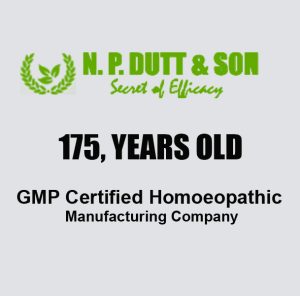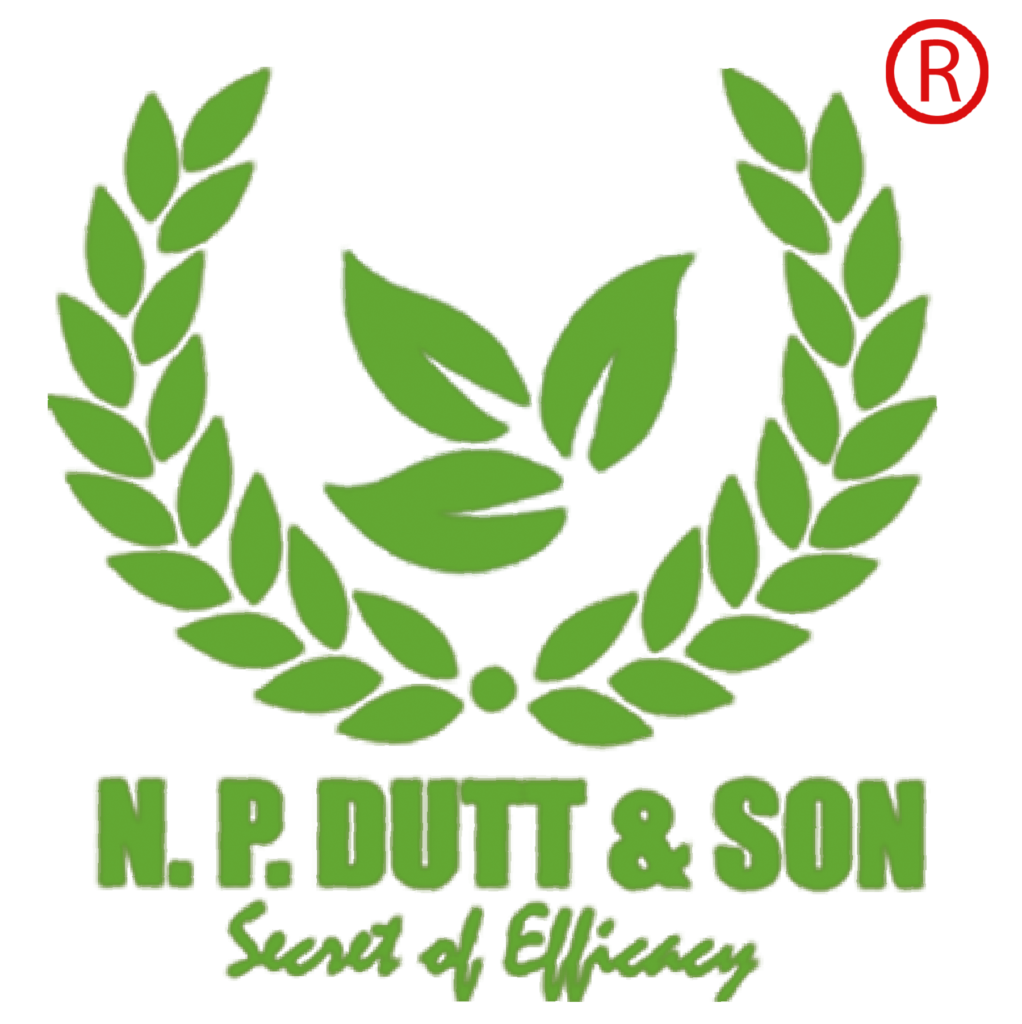Uncategorized
Can Homoeopathy Medicine Cure Allergies?
Homeopathy is a system of alternative medicine that is based on the principle that “like cures like.” The medicines used in homoeopathy are diluted and potentized (made stronger) through a process called potentization. The diluted medicinal substances are distilled from plants, minerals or animals. The resulting liquid or pellets can be taken orally or applied to the skin. Homoeopaths also use a detailed study of the patient to create individualized treatment plans that may include other treatments like herbal remedies and acupuncture.
With reviews, our company N. P. Dutt & Son has many years of experience in manufacturing and selling homoeopathy medicine. So today’s post is shared based on that.

How effective is homeopathy medicine in curing allergies:
Several studies have evaluated homoeopathy for allergies. Some have shown efficacy in a limited number of cases. A recent meta-analysis of homoeopathic medication Galphimia Glauca in seasonal or perennial allergic rhinitis (hay fever) found that the treatment significantly improved symptoms compared to placebo. Other homoeopathic medications have shown promise in a limited number of trials for other upper respiratory and otorhinolaryngologic complaints, such as rhinoconjunctivitis and sinusitis.
Many people suffer from allergic rhinitis, also known as hay fever. It can cause a runny nose, itching of the nose and throat, post-nasal drip, watery eyes, sneezing and sinus pressure. The most common triggers for hay fever are pollen and spores from flowers, grasses and trees. Some other substances can also trigger a reaction to an allergy, such as pet hair, cigarette smoke and perfumes.
In a homoeopathic consultation, the patient is asked to describe their current symptoms and modalities. The practitioner then matches their symptom picture with the homoeopathic Materia medica, a collection of homoeopathic medicines.
Some of the common allergens that trigger nasal allergy include tree pollen, weeds, moulds and pet dander. Some homeopathic medicines for allergies are sulfur, which is used to treat extreme itching and a burning sensation in the nose; and belladonna, which is used for itching, stinging, and tingling of the lips, face and tongue. Other homoeopathic remedies for nasal allergies include Hydrastis, Kali bichrome, and Silicea.
For other allergies, a qualified homoeopath can recommend other homoeopathic medicines based on the person’s specific signs and symptoms. They can also help to reduce the effects of other allergy triggers, such as avoiding certain foods, drinks, medications or activities, and using a decongestant to clear mucus from the nasal passages.
Although you can find homoeopathic medicines over the counter at some chemists, it is important to consult a qualified homoeopath for an accurate diagnosis and prescription. They will ask you to record your symptoms over time and will recommend a remedy that best matches your unique symptoms. You may need to repeat this process with a few different homoeopathic remedies before finding the one that works for you. Then, you can continue taking the medication as long as necessary to manage your symptoms. You will need to work closely with your homoeopath to make sure you are getting the most benefit from your treatments. They will also check in periodically to ensure that your condition is improving. They may also ask you to come back in for a follow-up appointment. This will help to keep the relationship between you and your homoeopath focused on your well-being.
To know more about Homoeopathy Medicine and its uses, you can check out this Website N. P. Dutt & Son. And feel free to contact us for any inquiries.

















